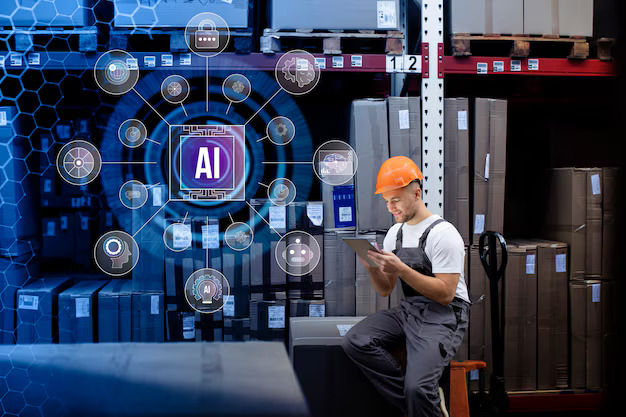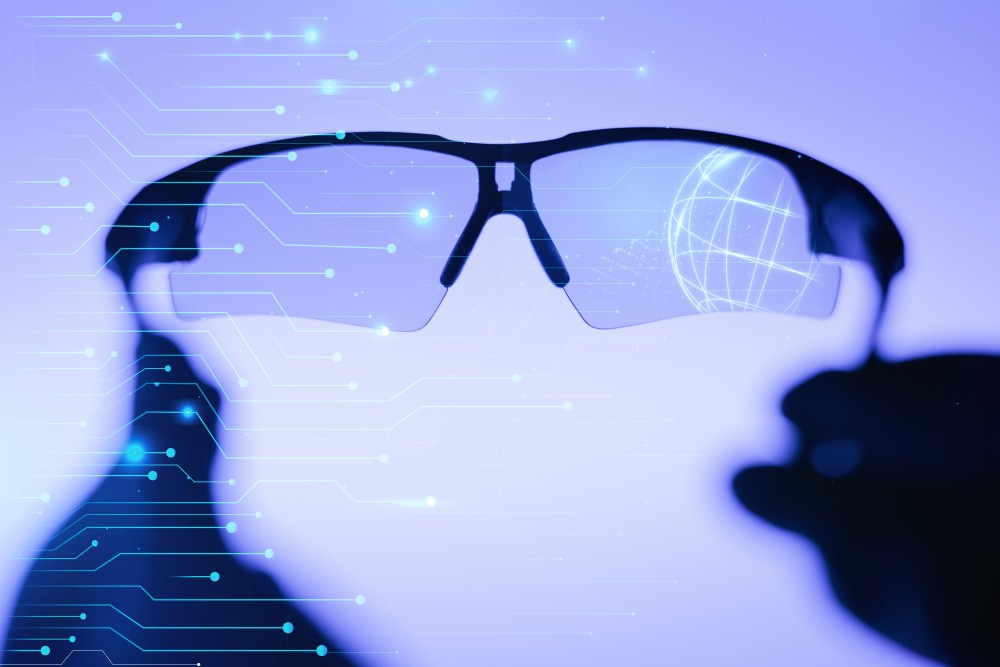Artificial Intelligence (AI) has become one of the most influential forces reshaping industries across the globe. As AI evolves, its impact will extend into nearly every sector, transforming processes, improving efficiency, and creating new opportunities. Let’s explore how AI is predicted to revolutionize various industries in the near future.
1. Healthcare
AI’s role in healthcare is already profound, and it’s only set to expand. Predictive analytics will help detect diseases earlier, while AI-powered diagnostics tools can assist doctors in identifying complex conditions. Robotic surgeries and personalized treatment plans based on AI analysis of genetic data will become more common, improving patient outcomes and reducing human error. Additionally, AI in drug discovery is speeding up the process of finding new treatments for diseases, making healthcare more efficient and accessible.
2. Finance
In the financial sector, AI is enhancing fraud detection and risk management. Machine learning algorithms analyze vast amounts of transaction data in real-time, identifying suspicious activities more effectively than traditional methods. AI is also revolutionizing personal finance through robo-advisors, which provide automated financial planning services based on user preferences and market conditions. This reduces the need for human intervention, making financial services more accessible and affordable for all.
3. Retail
Retailers are using AI to create personalized shopping experiences. From AI-powered chatbots that assist customers to algorithms that recommend products based on browsing history, AI helps retailers offer tailored experiences that improve customer satisfaction. Inventory management and supply chain optimization are also benefiting from AI, ensuring that products are available when and where customers need them, while minimizing waste and inefficiencies.
4. Manufacturing
Manufacturing is set to experience a significant AI-driven transformation with the rise of smart factories. AI-powered robots can handle repetitive tasks with precision and consistency, while predictive maintenance powered by AI can detect machinery issues before they cause production delays. AI will also play a key role in optimizing supply chains and ensuring product quality, helping manufacturers cut costs and increase efficiency.
5. Education
AI in education is transforming how students learn and teachers instruct. Personalized learning platforms powered by AI can adapt content to the learning pace and style of each student, ensuring that educational experiences are more effective. Automated grading systems save educators time, allowing them to focus on student engagement. Additionally, AI-driven tutoring systems can provide support to students outside of regular classroom hours, making education more accessible.
6. Transportation
The transportation industry is set for a massive overhaul with AI at the helm. Self-driving vehicles are perhaps the most visible innovation, but AI is also optimizing logistics, improving traffic management, and enabling predictive maintenance in vehicles and public transport systems. AI will also play a crucial role in enhancing safety by analyzing traffic patterns and reducing human error on the road.
7. Agriculture
AI is being used to optimize agricultural practices, improving yield while reducing resource consumption. AI-powered drones can monitor crops for signs of disease or water stress, while machine learning algorithms can predict the best times to plant or harvest based on environmental data. Smart farming, powered by AI, is helping farmers make data-driven decisions to enhance productivity and sustainability.
8. Marketing and Customer Service
AI is reshaping the way companies engage with their customers. In marketing, AI helps analyze consumer behavior, enabling businesses to tailor their campaigns for higher engagement and conversion rates. In customer service, AI-powered chatbots and virtual assistants provide 24/7 support, answering queries and solving issues in real-time. By automating these processes, businesses can enhance customer satisfaction while reducing costs.
9. Human Resources
In HR, AI is streamlining recruitment by using algorithms to screen resumes and predict the best fit for a role. AI can also analyze employee data to identify patterns that lead to higher productivity or job satisfaction. AI-driven platforms for training and employee development are also gaining traction, allowing companies to provide personalized learning experiences to their teams.
10. Entertainment
AI is increasingly being used to create personalized content for users in entertainment. Streaming platforms like Netflix and Spotify use AI algorithms to recommend movies, music, and shows based on user preferences. In the world of gaming, AI is creating more dynamic and immersive experiences. As content creation becomes more AI-driven, we can expect AI to generate tailored experiences for individual users.


